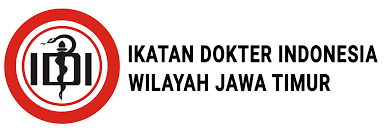Diagnostic and Treatment Challenges of Recurrent Tuberculosis in Patient with Drug-Induced Hepatotoxicity: A Case Report
Keywords:
Recurrent Tuberculosis, Incomplete Treatment, Drug-induced Hepatotoxicity, Patient AdherenceAbstract
Introduction: Pulmonary tuberculosis (TB) remains one of the most significant global health challenges, especially complicated by cases with incomplete treatment histories. The recurrence of TB poses diagnostic and therapeutic dilemmas that significantly impact patient outcomes.
Case Presentation: We report a case of a 57-year-old female patient presenting with recurrent pulmonary TB after an incomplete treatment course. The patient's history revealed gaps in adherence to the prescribed TB regimen, leading to multiple relapses. In this study, we found that patients undergoing TB treatment may experience liver damage as a result of the TB medication, also known as DIH. Comprehensive diagnostic procedures, including chest radiography, sputum culture, and molecular testing, confirmed recurrent TB. The patient's clinical manifestations, treatment plan, and response to therapy are detailed.
Conclusion: Recurrent TB is common, particularly in older adults, and is influenced more by environmental factors than occupation. Additionally, ATT poses risks of hepatotoxicity, especially in malnourished patients, underscoring the importance of managing side effects and addressing factors like malnutrition to prevent complications and improve outcomes. This case underscores the importance of complete adherence to TB treatment regimens and highlights the challenges in managing recurrent TB. It emphasizes the need for robust follow-up, patient education strategies, early diagnosis, and prompt intervention to prevent recurrence and enhance patient outcomes.
Downloads
Published
Issue
Section
License
Copyright (c) 2024 Kasilda Pasha Devanda, Kendraadine Dheayu Avelline, Keziah Queency Lauwis, Kharizmatika, Khofifah Bela Rachmanu Hayati, Ronald Pratama Adiwinoto, Pramita Anindya Nugraheni, Annisa Ullya Rasyida

This work is licensed under a Creative Commons Attribution 4.0 International License.







































